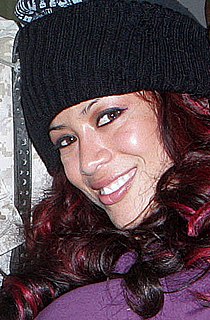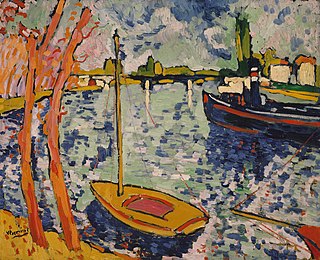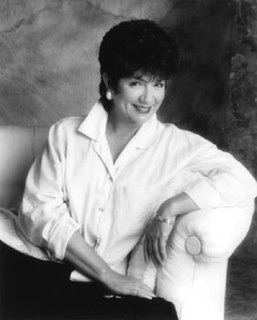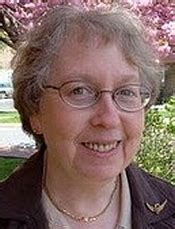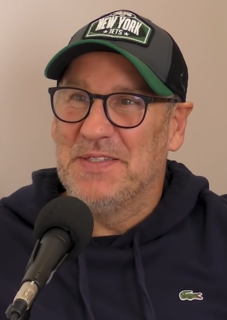A Quote by Carl Honore
I guess I went into journalism to save the world. I always felt through writing that I wanted to rotate the world slightly.
Related Quotes
I didn't feel that so much as an outsider when I started writing; I've felt that way all my life. I don't know, man; I guess I was just wired wrong. When I was growing up, I always wanted to be somebody else and live somewhere else. I've always felt a little uncomfortable around people. And I'm not trying to romanticize this, because it wasn't romantic. I wasn't trying to be a rebel; I just always felt a little out of it. I think that's why it's pretty easy for me to identify with people living on the margins.
I always wanted to be grown up. When I was little I couldn’t wait to be a teenager and go to high school. When I got there I wanted to be done with it, wanted to get out into the world, the real one, and live in it. The thing is, that world doesn’t exist. All growing up means is that you realize no one will come along to fix things. No one will come along to save you.
We live and breathe words. .... It was books that made me feel that perhaps I was not completely alone. They could be honest with me, and I with them. Reading your words, what you wrote, how you were lonely sometimes and afraid, but always brave; the way you saw the world, its colors and textures and sounds, I felt-I felt the way you thought, hoped, felt, dreamt. I felt I was dreaming and thinking and feeling with you. I dreamed what you dreamed, wanted what you wanted-and then I realized that truly I just wanted you
I've never felt Truth was Beauty. Never. I've always felt that people can't take too much reality. I like being in Ingmar Bergman's world. Or in Louis Armstrong's world. Or in the world of the New York Knicks. Because it's not this world. You spend your whole life searching for a way out. You just get an overdose of reality, you know, and it's a terrible thing. I'm always fighting against reality.
I've never had a mentor personally of any kind. It feels like, generally, in the writing world or the art world, it's more of a thing in America, because you have writing programs, which we don't have. You have these amazing writers who are teachers. I never did a writing program so I never met a writer until I was published. I guess I can't really explain my compulsion for writing these kind of mentor characters.
When I'm writing about complicated subjects, it usually involves a world. It could be the world of Scientology or the world of Al Qaeda, or the world of counter-terrorism.I look for emblematic beasts of burden - what I call "donkeys" - who can carry the reader through this world. They serve a different purpose. Donkeys are not especially interesting or likeable, but they are serviceable. They will take you into this world. The distinction I'm trying to make is: It's not about them. It's about the world.



